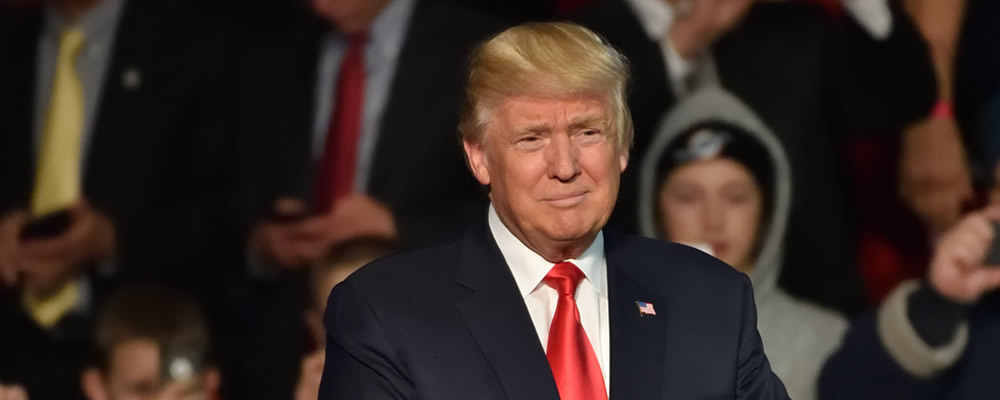ECB Drops Easing Bias – Hope for Normalising Monetary Policy Measures Fail to Propel EUR/USD Exchange Rates
The Euro US Dollar (EUR/USD) exchange rate fluctuated on Thursday, finding support initially on news that the European Central Bank (ECB) dropped its easing bias during the March rate meeting, only to fall later on as ECB President Draghi downplayed the decision.
The central bank did not raise interest rates at this meeting, (though this was widely expected) but what they did do was drop their pledge to increase size of their quantitative easing programme if needed, meaning that they could be nearing a move towards normalizing their monetary policy measures.
Draghi stated:
‘Incoming information… confirms the strong and broad-based growth momentum in the Euro area economy, which is projected to expand in the near-term at a somewhat faster pace than previously expected’.
Whilst this outlook is slightly more positive, it should be stressed that the central bank has also extended its quantitative easing program to September.
Beyond this, in a later press conference Draghi downplayed the ECB’s decision, simply calling it a ‘backward looking’ and ‘unanimous’ move.
This convinced markets that the ECB isn’t on the cusp of turning hawkish, news that promptly sent the Euro tumbling.
US Dollar (USD) Exchange Rates Supported by Talk of 4 Rate Hikes by US Fed Dudley
The ‘Greenback’ (USD) found renewed support on Thursday, rising as markets responded to some hawkish comments from New York Federal Reserve President William Dudley.
Speaking in São Paulo, Dudley stated that ‘gradual’ rate hikes could mean 4 this year, rather than 3.
This is pertinent in that this is the same terminology employed by Chairman of the US Federal Reserve, Jerome Powell, who expressed optimism for the state of the US economy and called for ongoing ‘gradual’ rate hikes at his recent Congressional testimony.
Mr Dudley stated:
‘If you were to go to four 25 basis-point rate hikes I think it would still be gradual’.
Previous Fed forecasts had suggested 3 rate hikes this year, though the developing strength of the US economy in regards to low unemployment levels, accelerating wage growth and higher-than-anticipated CPI inflation seems to have provided more fertile ground for hastier measures.
This news helped draw investor attentions away from the ongoing talk of trade wars and tariffs, reminding markets of the fact that the US Fed could be preparing for a rate hike this very month and putting EUR/USD exchange under renewed pressure.
Euro US Dollar (EUR/USD) Exchange Rate Forecast: Is a Global Trade War Likely?
Markets have grown increasingly anxious after US President Donald Trump announced his intentions to slap a 25% tariff on steel imports, and a 10% tariff on aluminium imports, a move that was quickly followed by widespread condemnation from the EU and China.
But how likely is a trade war?
Whilst the US President has perceivably softened his stance, offering a 30-day exemption on the tariffs for Canada and Mexico, this is entirely dependent on the both nations giving the US a ‘fairer’ shake in the renewed NAFTA deal, making his approach one of leverage, rather than an indication that he is stepping down.
Indeed, for all the other countries it would seem that the tariffs are on track to go ahead, with President Trump set to sign the President Proclamation on Friday.
Whether the EU and China will shift from threats of retaliation to actual action, however, remains to be seen, as both nations have sizable trade surpluses with the US.
In this regard, Brussels and Beijing both have more to lose if a trade war were to occur, a fact that the US President repeatedly uses in defence of his proposal.
This could prevent them from acting too aggressively, particularly with the US indicating that it would then retaliate by impose a tariff on the importation of cars from the EU.
Nonetheless, markets tend to hate any form of trade intervention, and whilst there is a perceived threat of a global trade war, there will be anxiety to accompany it.



